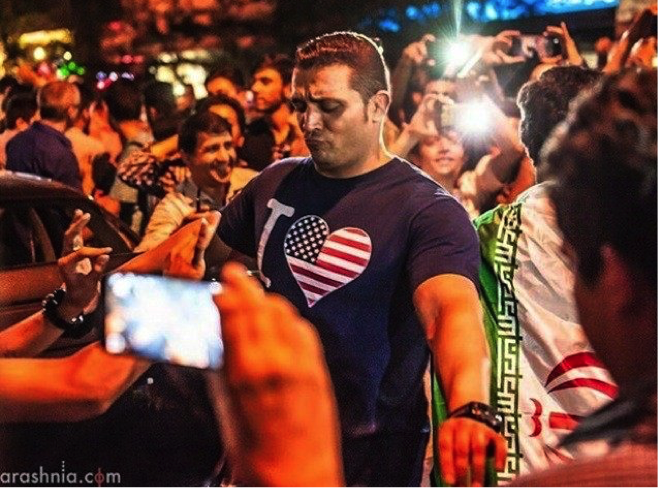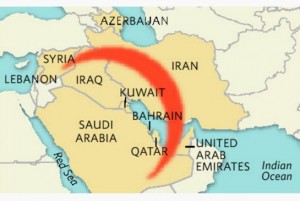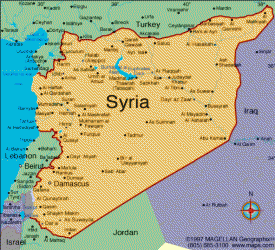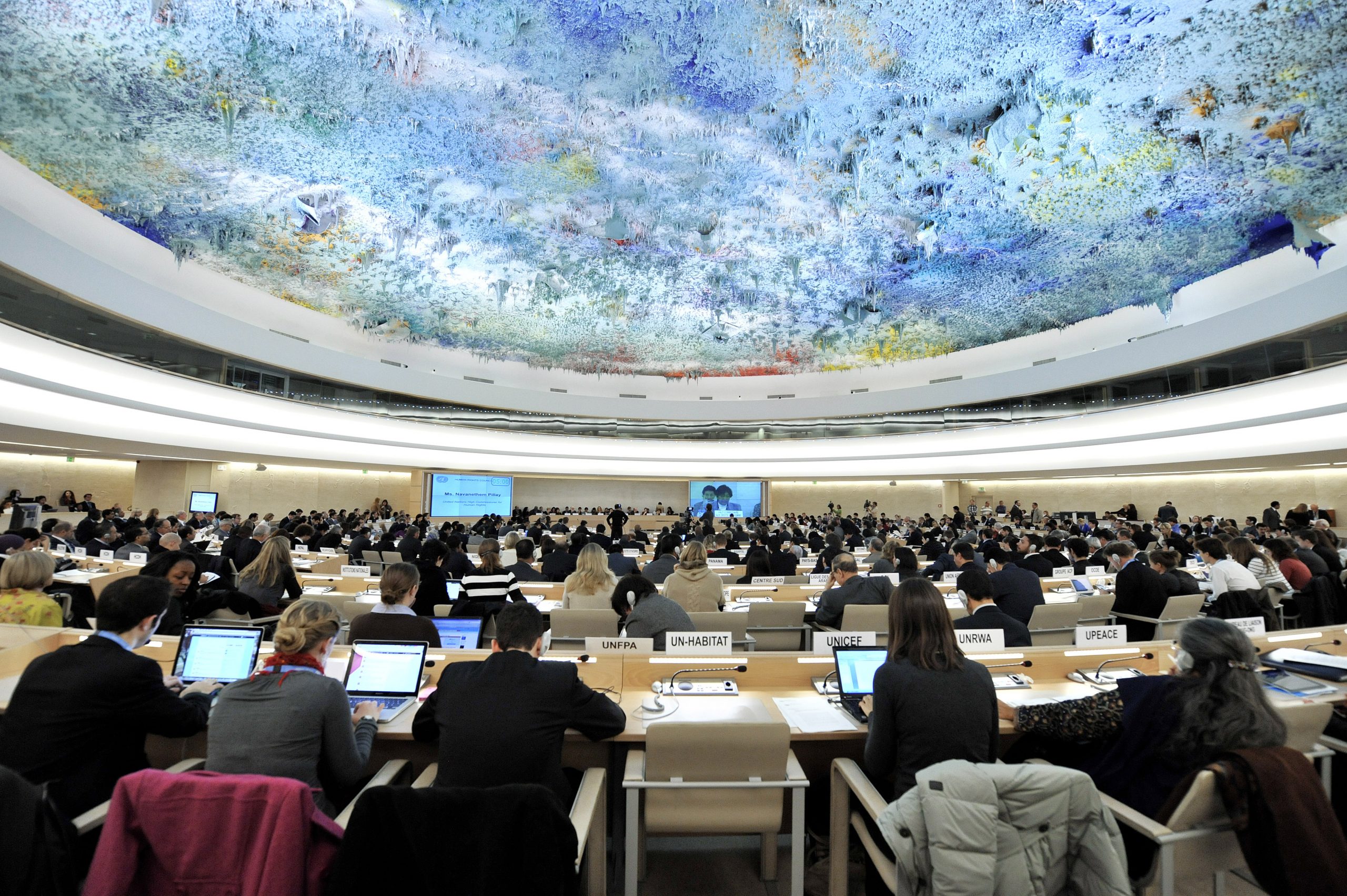
The Shia Against ISIS: From Karbala 680 to Iraq 2015
By Roukhsar Nissaraly, a graduate student in human rights
The recent bloody attacks by extremist groups on innocent civilians in Ankara, Brussels, and Lahore have provoked outrage across the globe. In an effort to understand the ideology of one such group, ISIS, it is perhaps fitting to look back five months to the 1335th annual Shia commemoration of Ashura, as a reminder that the victims of ISIS' politics of terror are often Muslims themselves.
On October 24th, 2015, defying bullets, bombs, and hostile glares from ISIS and its supporters, Iraqi Shias marched to the holy city of Karbala for the commemoration of the martyrdom of Hussain ibn Ali, the grandson of Prophet Muhammad, and the son of Ali ibn Abi Talib, whom the Shias follow as their first Imam and caliph. This ritual is widely observed in the Shia world, and marks a primordial facet of the sect’s identity: every year on the 10th of Muharram, also known as the day of Ashura,...




